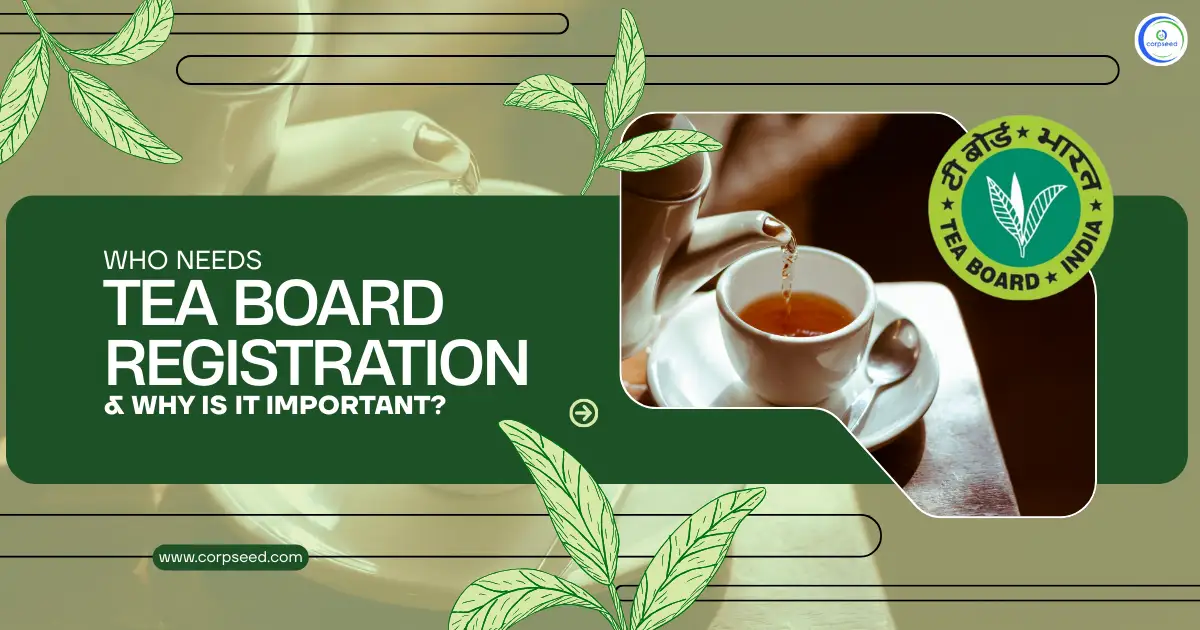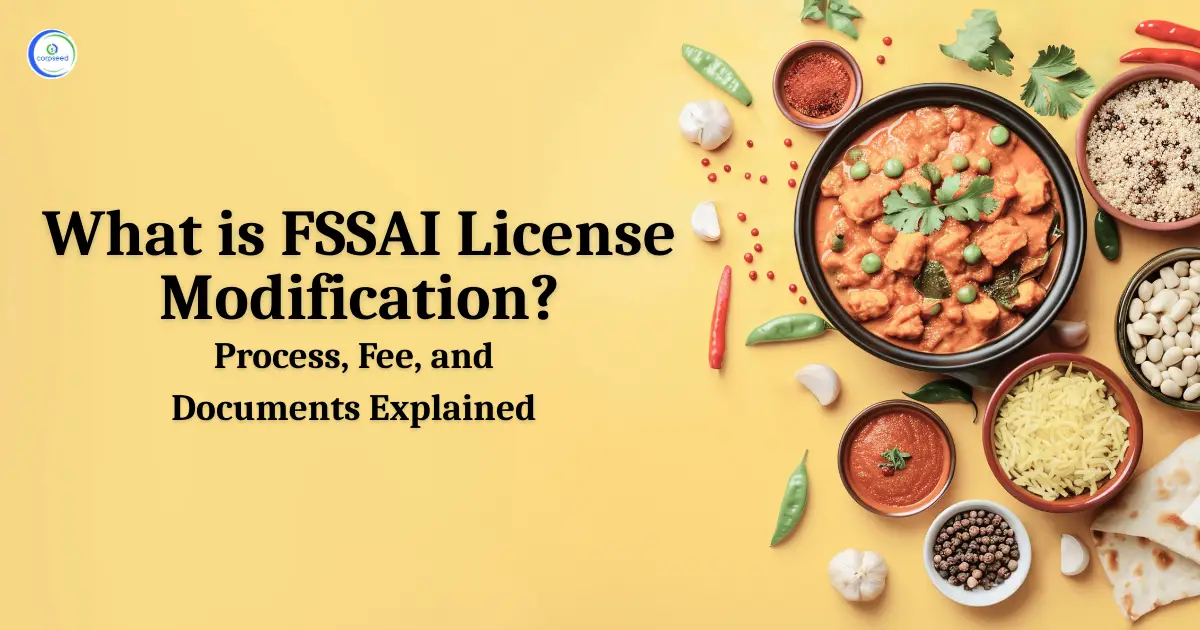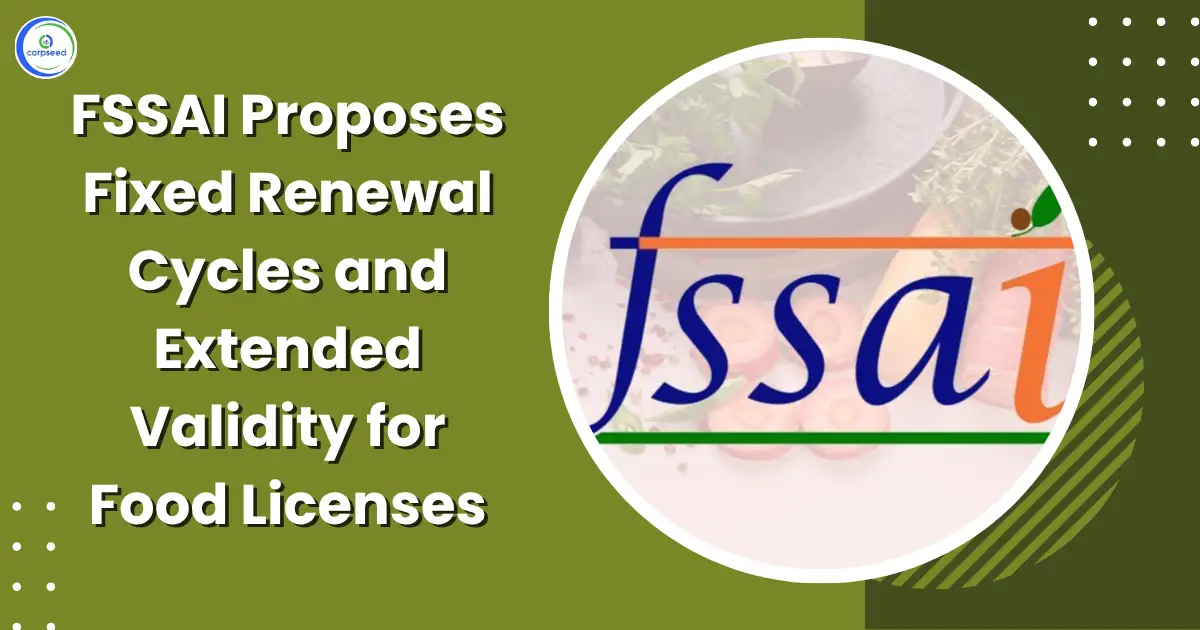Roadside dhabas and canteens have become an important part of Indian life. Whether it is a truck driver on a highway, an office worker grabbing a quick lunch, or travelers looking for affordable meals, these food joints serve millions every day. With growing demand, the quality and safety of food have become a major concern. To maintain hygiene and protect public health, every dhaba or canteen must obtain an FSSAI license.
The Food Safety and Standards Authority of India (FSSAI), under the Ministry of Health and Family Welfare, ensures that food served in India is safe and healthy. Holding an FSSAI license not only builds trust among customers but also helps food businesses grow legally and smoothly.
Table of Contents
--------------Blog Contact Form-------------
Who Needs an FSSAI License?
The Food Safety and Standards (Licensing and Registration of Food Businesses) Regulations, 2011 makes it compulsory for every food business operator to get registered with FSSAI. This rule applies to:
- Roadside dhabas and small canteens
- Tea stalls and juice corners
- Restaurants and hotels
- Caterers for marriage functions or parties
- Grocery stores and small food outlets
- Milk vendors, vegetable and fruit sellers
- Transporters carrying food products
- Food processing and packaging units
In short, anyone handling food for sale in India must obtain an FSSAI license or FSSAI registration, depending on the size and scale of the business.
Types of FSSAI Registration
FSSAI provides three types of registrations or licenses based on business size and turnover:
Basic FSSAI Registration
- For very small food businesses with annual turnover up to ₹12 lakhs.
- Suitable for small dhabas, tea stalls, or canteens.
State FSSAI License
- For medium-sized businesses with turnover between ₹12 lakhs to ₹20 crores.
- Required by larger canteens and mid-level dhabas operating in one state.
Central FSSAI License
- For businesses with turnover above ₹20 crores.
- Also needed when food is supplied to government offices, railways, airports, or operates across multiple states.
Benefits of FSSAI License for Dhabas and Canteens
Getting an FSSAI license is not only mandatory but also highly beneficial. Some key advantages are:
- Customer Trust: People prefer eating at licensed dhabas as it assures food safety and hygiene.
- Legal Protection: Avoids penalties, fines, or closure by food safety authorities.
- Business Growth: Helps in expanding business into catering, supplying to institutions, or operating across states.
- Brand Reputation: Builds a positive image and increases customer loyalty.
- Access to Loans and Investments: Banks and investors trust registered businesses more.
Role of FSSAI in Food Safety
FSSAI not only issues licenses but also ensures continuous monitoring of food businesses. Its responsibilities include:
- Setting food quality standards
- Testing samples in accredited laboratories
- Training food handlers for hygiene and safety
- Spreading awareness about food safety among the public
- Supporting state and central governments in food-related policies
- Building a national database of food-related risks and hazards
Penalties for Not Having an FSSAI License
Running a dhaba or canteen without an FSSAI license can lead to serious consequences:
- Heavy fines up to ₹5 lakh
- Immediate closure of the food business
- Seizure of food stock and goods
- Legal action under the Food Safety and Standards Act, 2006
- Getting registered is easier and cheaper than facing penalties later.
Conclusion
Dhabas and canteens are lifelines for millions of people across India. With rising demand for quick, affordable, and hygienic meals, food safety has become more important than ever. Obtaining an FSSAI license ensures compliance with law, guarantees customer trust, and promotes healthy business growth.
Every dhaba or canteen, whether small or large, must take this step to provide safe, clean, and quality food to the community while securing long-term success.
This portion of the site is for informational purposes only. The content is not legal advice. The statements and opinions are the expression of author, not corpseed, and have not been evaluated by corpseed for accuracy, completeness, or changes in the law.
BOOK A FREE CONSULTATION
Get help from an experienced legal adviser. Schedule your consultation at a time that works for you and it's absolutely FREE.









